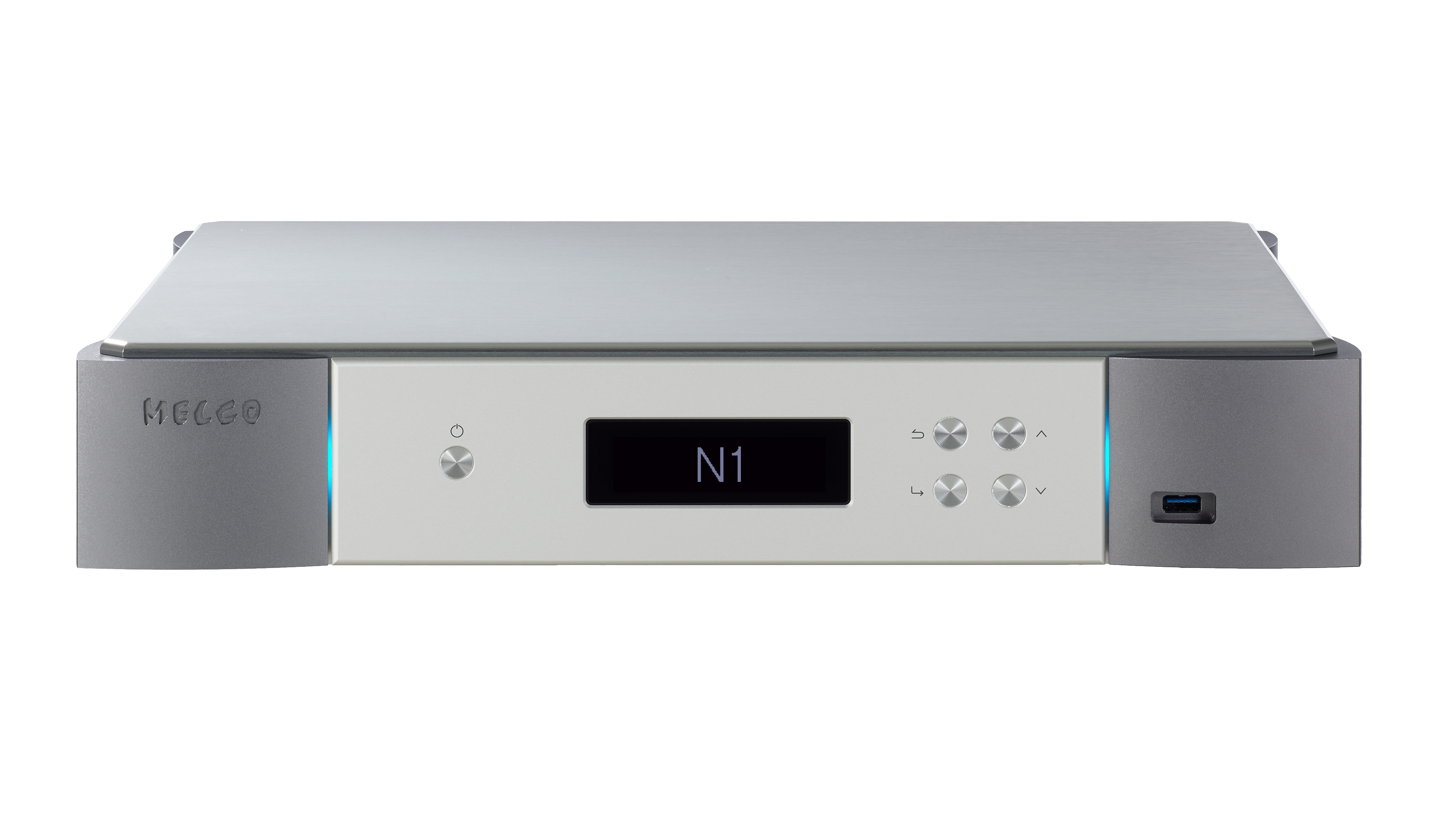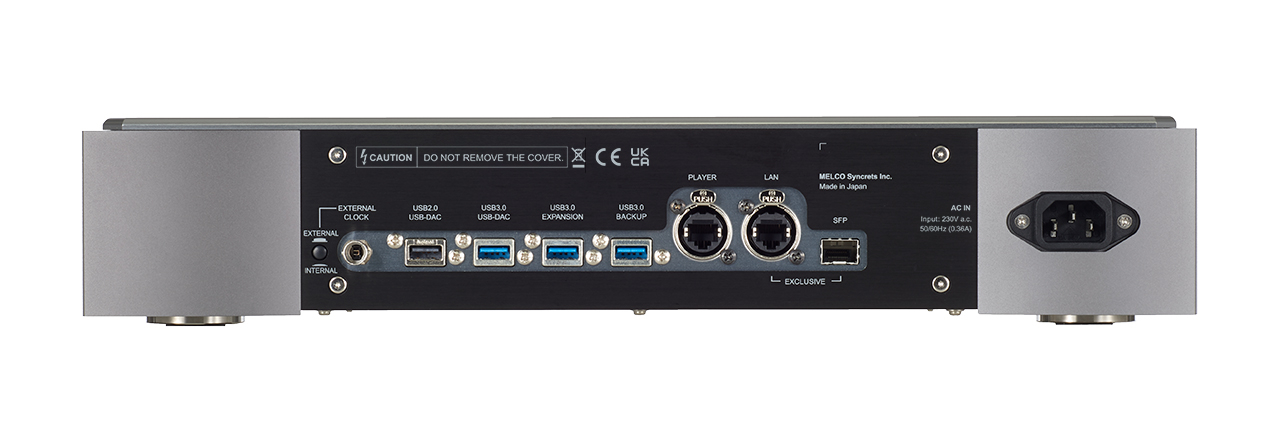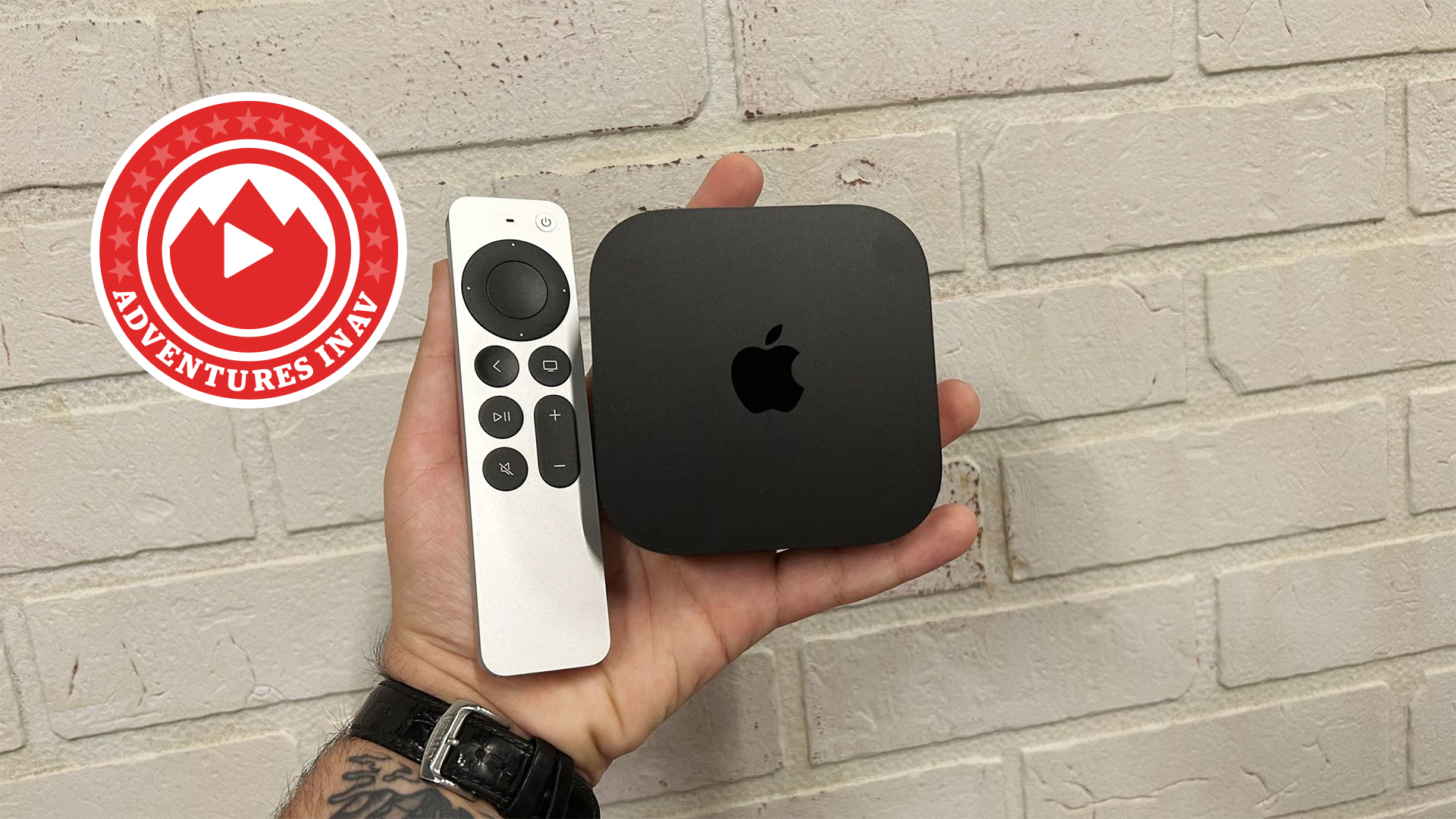Melco's flagship N1 digital music library promises "previously unreached performance level"
Melco N1-S38 claims to offer "the best sonic performance in the company's history"

The latest hi-fi, home cinema and tech news, reviews, buying advice and deals, direct to your inbox.
You are now subscribed
Your newsletter sign-up was successful
Japanese audio specialists Melco has announced a new flagship: the N1-S38 digital music library, which claims to offer "the best sonic performance in the company's history". That's since its founding in 1975, so is quite the claim.
What is a digital music library? It's essentially what Melco (Maki Engineering Laboratory Company) calls its music servers, which act as high-performance and intelligent storage for your digital music files. You'll still need to add a DAC and amplifier to play music through your speakers, though.
The N1 is said to build upon Melco's expertise in digital music storage, transfer and playback knowledge, and the company's "unique architecture which carefully transports delicate signal data while avoiding noisy high-speed elements and fast processors." We can attest to Melco's talents in these areas: we recently tested the N10/2-S38 (£9399/ $12,200 approx / AU$15,495) and the cheaper N100 (£1999 / $1999), and both are five-star performers.
The N1-S38 is based around a new SSD-based platform and has been designed entirely from the ground up. It has a new chassis and casework, a new set of system electronics, and new power supplies, including a newly developed high-capacity power transformer, supply and local regulators.
For the all-important storage section, it has an "audio-specific custom" 3.84TB SSD drive that's used in conjunction with Melco's own layered, rigid SSD mounter. This is connected to the data path directly and circumvents any RAID controller, says Melco. The onboard memory is increased, too.

Handmade in Japan, the new chassis is constructed around a 3mm stainless steel base plate, which helps reduce unwanted vibrations affecting the music signal. The two-tone aluminium casework is complemented by teal LED lighting. An OLED display and illuminated control buttons adorn the front of the unit, alongside a USB port.
Melco uses "die-cast Amphenol USB ports", as opposed to the conventional USB connections, which the company claims can compromise ultimate performance. These are more durable too, and are used for the DAC, Expansion, Import and Backup ports on the back panel.
The latest hi-fi, home cinema and tech news, reviews, buying advice and deals, direct to your inbox.
For connecting to your home network, Melco provides Neutrik RJ45 connectors and an upgraded LAN port. The N1-S38 also supports a switchable 10 MHz external clock input – a first for a Melco music library.
The new Melco N1-S38 is available now in black or silver finishes, and is priced at £11,995 / €14,000 / $11,995.
MORE:
Read our Melco N10/2-S38 review
And our Melco N100 review
2023 is going to be a great year for hi-fi separates, and I couldn’t be more excited

Kashfia is the Hi-Fi and Audio Editor of What Hi-Fi? and first joined the brand 13 years ago. During her time in the consumer tech industry, she has reviewed hundreds of products (including speakers, amplifiers, turntables and headphones), been to countless trade shows across the world and fallen in love with hi-fi kit much bigger than her. In her spare time, Kash can be found tending to an ever-growing houseplant collection and shooing her cat away from spinning records.
